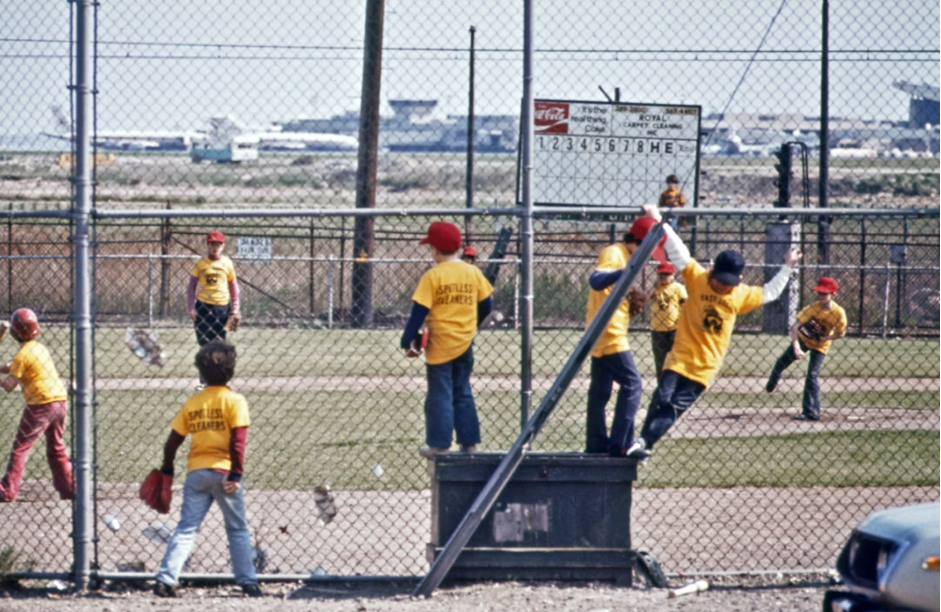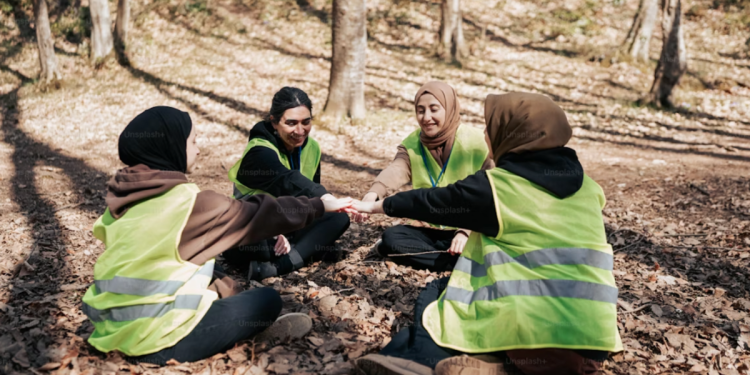Have you ever considered volunteering your time for a good cause? It’s an incredible way to give back to the community, build confidence, and even learn new skills that may help you in your career. But there’s one question people ask often:
Does volunteering count as employment?
In today’s job market, people are constantly trying to improve their resumes and stand out. Volunteering is one method that often goes overlooked—even though it can open up doors to long-term employment, professional development, and personal growth.
In this ultimate guide, you’ll learn how volunteer work impacts your employability, when and how to list it on your resume, and whether employers take it seriously.
What Is Volunteering?
Volunteering is the act of offering your time, energy, or skills to benefit a cause, organization, or community—without monetary compensation.
It can take many forms:
- Working at a local shelter
- Offering admin support to nonprofits
- Mentoring students
- Managing events or social media for a charity
Volunteering helps others—but it also helps you. It builds work habits, communication skills, and often teaches things no classroom can.
Benefits of Volunteering
1. Builds Confidence
Helping others fosters a sense of achievement. You feel more connected to your values and proud of the work you do.
2. Fights Depression
Social interaction is a huge benefit of volunteering. It combats isolation—a key trigger for depression.
3. Reduces Stress and Anxiety
Volunteering provides structure, purpose, and positive distraction from stress.
4. Helps You Build Friendships
You’ll meet people who share your interests or values—some may even become future colleagues or mentors.
5. Opens Job Opportunities
Volunteer experience can lead to real employment—especially in education, healthcare, and nonprofit sectors.
Does Volunteering Count as Work Experience?
Yes—volunteering can count as work experience when it’s relevant to the job you’re applying for.
Let’s say you volunteered as a social media manager for a nonprofit. If you’re applying for a digital marketing job, that’s absolutely worth adding to your work history.
Here’s when to list volunteering under “Work Experience”:
- You used professional or technical skills
- The tasks align with your target job
- You had specific responsibilities and deliverables
Otherwise, list it in a “Volunteer Experience” section.
Do Employers Consider Volunteering Valuable?
Increasingly, yes. A Deloitte study revealed:
- 82% of hiring managers prefer candidates with volunteer experience
- 85% say volunteering helps overcome other resume gaps
Why Employers Value It:
- Shows initiative and motivation
- Demonstrates social awareness and community involvement
- Teaches real-world skills like teamwork, leadership, and project management
In fact, for many young job seekers or career changers, volunteering is the bridge between no experience and the job they want.
How to Add Volunteer Work to Your Resume
Here’s a simple format:
Experience
- Volunteer Title – Organization Name
- City, State | Month Year – Month Year
- Bullet points of duties and accomplishments
Example:
Marketing Volunteer – Save the Oceans Foundation
New York, NY | Jan 2022 – Dec 2022
- Managed social media accounts, growing engagement by 30%
- Designed and launched monthly e-newsletter
- Collaborated with 10-person team to organize fundraising events
Pro Tip: Use the same style and structure as your paid work so it carries equal weight.
Volunteering vs. Employment: Legal Differences
While volunteering counts as work experience, there are legal differences:
| Criteria | Employment | Volunteering |
| Paid | Yes | No |
| Legally protected | Yes | No |
| Subject to labor laws | Yes | No |
| Must follow fair work rules | Yes | No |
Volunteers aren’t covered by wage laws, health benefits, or union protections. But many companies still view their contribution as valuable.
Can Volunteering Lead to a Job?
Absolutely.
Volunteering often leads to:
- Job offers from the same organization
- Recommendations and references
- Network connections that open doors
- Portfolio pieces or case studies for job applications
It’s especially useful if you’re:
- Switching careers
- Returning to the workforce
- Just starting out with no paid experience
Volunteering & Financial Strategy: A Smart Pairing
If you’re currently volunteering but also trying to manage tight finances, you can still take control.
We recommend combining volunteer work with smart financial steps—like aggressively paying off debt—to free yourself from money stress.
You don’t have to make money immediately from every hour you work. Think of it as building future value, just like investing or studying.

How Volunteering Enhances Your Employability
1. Builds Transferable Skills
Think:
- Leadership
- Teamwork
- Planning
- Emotional intelligence
- Adaptability
These are skills employers consistently look for, regardless of the job title.
2. Demonstrates Initiative
Volunteers aren’t told to show up—they choose to. That attitude speaks volumes.
3. Shows Alignment With Values
Companies love employees who care about community and give back.
Bonus: Can Volunteering Help You in Low-Opportunity Areas?
Yes—and here’s how.
If you live in one of the worst places to live in the US (based on crime, employment, education access), opportunities can feel scarce. Volunteering helps you:
- Gain experience locally
- Make connections outside your usual circle
- Add solid experience to your resume
- Build references even if jobs are limited
FAQs: Volunteering and Careers
Q: Can I put volunteer work under job experience?
A: Yes, especially if it relates directly to the role you’re applying for.
Q: Are there incentives or benefits for volunteering?
A: Yes—many nonprofits offer:
- Free training
- Skill-building workshops
- Certificates of completion
- Free meals or transportation
Q: Can volunteering be combined with gig work?
A: Definitely. For example, if you’re wondering is DoorDashing worth it while you volunteer part-time, the answer may be yes. Many people combine gig apps with resume-building volunteer work to keep income flowing while building career credentials.
When Volunteering Makes You More Employable
Here’s how volunteering boosts your job search:
- Fills resume gaps
- Enhances your cover letter with real examples
- Helps you answer “Tell me about a time…” interview questions
- Offers solid references and connections
In fact, if you’re juggling odd jobs or looking for good excuses to leave work early—to attend an interview or networking event—volunteering gives you a professional reason for schedule flexibility.
Volunteer Experience for Students & Beginners
If you’ve never had a “real job,” start with volunteering:
- Intern with a nonprofit
- Help at a food pantry
- Assist in event planning
- Join a community tutoring group
Even if you’re still eating mostly family meals fast food, building experience early puts you ahead of peers who wait for a paid role to come along.
Volunteer Work as Resume Power: Summary
| Category | Benefit |
| Experience | Real skills without formal employment |
| Networking | Meet professionals, build relationships |
| Skill-building | Learn tools, systems, communication |
| Resume | Fills gaps and impresses hiring managers |
| Mental Health | Reduces stress and builds purpose |
Final Thoughts
So, does volunteering count as employment?
Yes—for experience, credibility, and resume-building.
While you may not get paid upfront, you gain something even more valuable: real skills, long-term opportunities, and the freedom to grow at your own pace.
Combine that with smart money moves from trusted resources like KindaFrugal.com and you’ve got a winning strategy.
Whether you’re planning a career change, managing your finances, or just looking for excuses to leave work early that actually improve your future—volunteering might be your best move yet.








